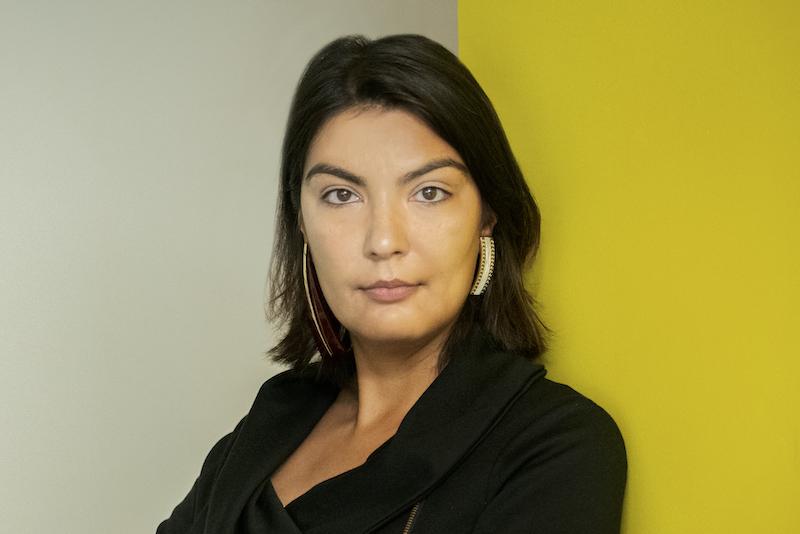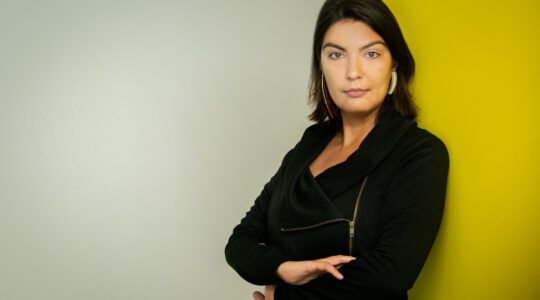Maryam Aziz
PhD Student

Education
- MS in Computer Science, Northeastern University
- Fashion Design Certificate, Massachusetts College of Art and Design
- BS in Computer Science, Montclair State University
About Maryam
- Hometown: Boston, Massachusetts
- Field of Study: Machine Learning
- PhD Advisor: Javed Aslam
Biography
Maryam Aziz is a PhD candidate studying machine learning at Northeastern University's Khoury College of Computer Sciences, advised by Professor Javed Aslam. Her research is driven by the goal of improving fundamental Machine Learning tools to assist in a variety of applications.
What are the specifics of your graduate education (thus far)?
I have a masters degree in Computer Science from Northeastern University. I currently study multi-armed bandits (MAB) and MAB-inspired algorithms for my PhD work.
What are your research interests?
Imagine you walk into a casino with an infinite number of slot machines. You can pull the arm on any machine and get a reward for the chosen arm. You want to find an arm that maximizes your profit with as few total trials as possible. How do you do that? I am trying to answer various versions of that question. This work has many potential applications across Machine Learning, because it is a powerful way to model decision making in general.
What’s one problem you’d like to solve with your research/work?
I would like to apply the theoretical frameworks and algorithms I have built to understand real world problems, e.g. in economics, medicine, and the arts.
What aspect of what you do is most interesting?
My current work involves a fair bit of theoretical mathematics. I find that mathematics is closer to the arts, at least to me, than many think. Instincts are as important to science as they are to the arts. Perhaps because good instincts come from years of data collection by the brain, and are probabilistic in nature just like Machine Learning algorithms. While it is important to know the mechanics of the math, developing and trusting your instincts is more important.
What are your research or career goals, going forward?
I consider myself both a scientist and an artist. I want to continue doing research, and also stay in the arts in whatever capacity I can.
